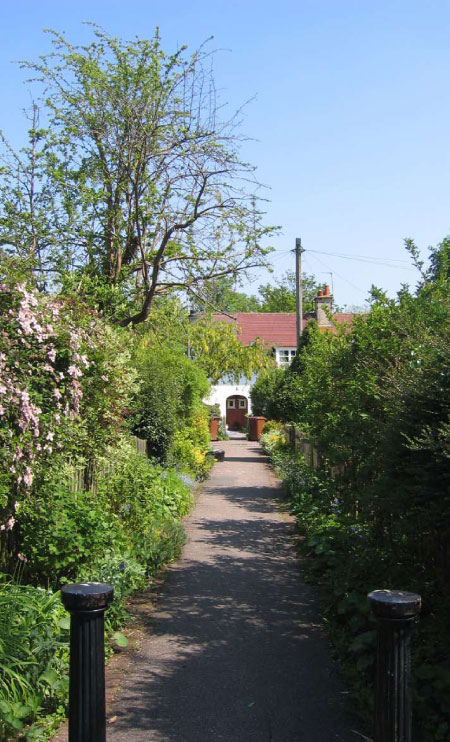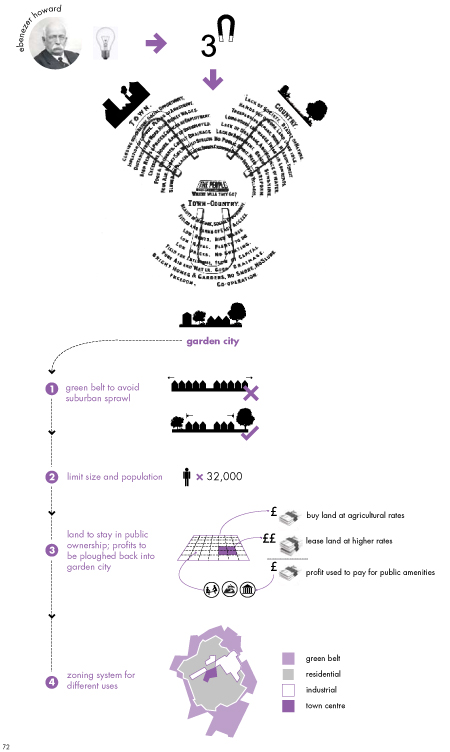Lytton Avenue Chapter 4 (Summary)
Letchworth, the world’s first Garden City, owes much to utopian vision of its founding father Ebenezer Howard. Influenced by socialist writers such as Henry Hyndman, the anarchist Peter Kropotkin, as well as British reformers such as William Morris and John Ruskin, Howard outlined his Utopian vision in the publication Tomorrow: A Peaceful Path to Real Reform. The book, which inspired the formation of the garden city movement, attempted to offer an alternative model to the overcrowded, slum ridden cities and “deserted” neglected countryside. Whilst Howard was critical of the city and country models for living, he acknowledged that each satisfies important functions vital for human fulfilment. The town was described as ‘a symbol of society –of mutual help and friendly co-operation….(of) expanding sympathies –of science, art, culture, religion’. The country ‘is the symbol of God’s love and care for man…the source of beauty.’ Howard speculated that neither the town or country ‘magnets’ represented the full plan and purpose of nature, and proposed a third magnet; the town-country magnet that would allow the beauty of nature and human society to be experienced together. This new model was to be powerful enough to draw people away from overgrown cities back to the ‘bosom of mother earth’. Howard was keen that the Garden City did not swell into the indefinite, unplanned suburban sprawl. A key device to ensure against this was the introduction of a permanent rural belt or ‘greenbelt’ to limit the growth of the city. A very specific limit of 32,000 inhabitants was also stipulated. Also fundamental to the Garden City ideal was that the land that the city was built on was to stay in public ownership. Profit from the increase in land value could be ploughed back into paying for public amenities. The ownership of land by the community meant that development could be closely controlled by the city, which meant land was only distributed via leases. Although the land was to remain in the ownership of the public, Howard was keen that private enterprise be attracted back to the countryside as this employment would be the draw to attract people away from the cities. Industry was encouraged but a zoning system ensured that this could comfortably coexist alongside agricultural, residential and recreational uses.
Project: Lytton avenue
Location: Letchworth garden city
Completion: 1907
Client: A. F. Houfton
Architect: P. B. Houfton
Typology: 2-3 bedroom ‘urban’ cottages
No. of dwellings: 13
Total area: xxx hectares (xxx acres)
Density: xx dwellings/hectare
Initial sale price: £240
Common space: shared path to houses. allotments at rear previously reserved for residents of the cul-de-sac but now some plots are rented by other locals

